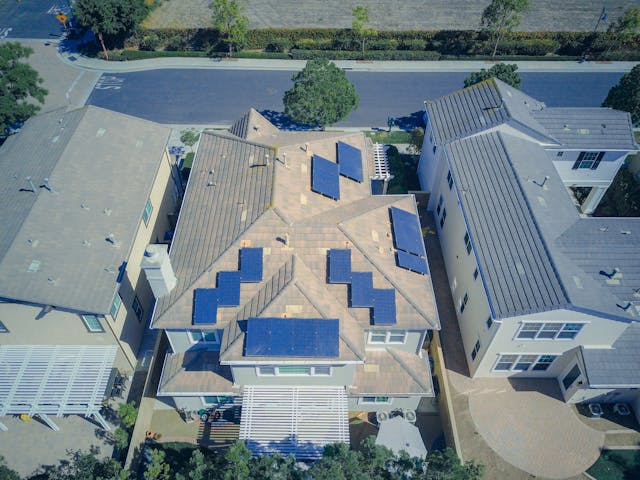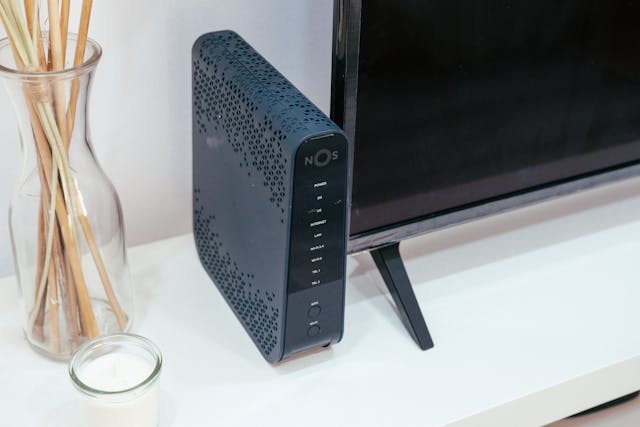As industries continue to expand, energy costs are rising, making it crucial for businesses to consider sustainable energy solutions. In today’s market, success isn’t just about generating profit; it’s also about taking responsibility for the environment. With pollution levels at an all-time high, adopting carbon-free solutions is no longer optional—it’s essential. Solar power offers businesses an effective way to lower energy costs, enhance efficiency, and minimize their environmental footprint.
Renewable energy is an excellent way for businesses to support a greener environment and reduce costs. However, knowing the right approach to utilize it for increased efficiency and lesser energy costs is equally important. For that, businesses can learn practices from Maryland’s community solar development program to greatly benefit from industrial solar integration. Solar panels are not only an ideal green solution to reduce energy costs but also make it easier for companies to adopt solar energy. Thus, using renewable energy sources offers more opportunities for improving efficiency and cutting costs. In this post, we’ll explore how using industrial solar businesses can enhance efficiency and save capital funds on energy costs.
Top 5 Ways Industrial Solar Integration Helps Boost Efficiency & Reduce Costs
- Lower Energy Bills Through Solar Power
One of the primary benefits of solar integration is the significant reduction in energy costs. Solar panels harness sunlight to generate electricity, which allows businesses to rely less on grid power. By using solar-generated electricity, companies reduce their dependence on utility providers, leading to lower monthly energy bills. Solar systems also provide a high return on investment (ROI) over time—once installed, the energy they produce is free, aside from minimal maintenance. These long-term savings can greatly enhance a business’s financial health.
- Reduces Carbon Footprint
Switching to solar energy not only cuts costs but also helps businesses reduce their environmental impact. Solar power is a clean, renewable source of energy, which decreases reliance on fossil fuels—the main contributors to greenhouse gas emissions. Choosing the right solar panel company will help you make necessary shifts by supporting corporate sustainability goals and improving your brand reputation among eco-conscious customers and investors. Moreover, it’ll also help businesses comply with environmental regulations, avoiding potential fines. Adopting solar power demonstrates a strong commitment to environmental responsibility, which can be a competitive advantage.

- Scalable Solutions for Growing Industrial Needs
Solar energy systems are flexible and scalable, meaning they can be tailored to meet the energy needs of businesses of any size. Whether a company wants to partially integrate solar or fully transition, solar installations can be expanded by adding more panels as energy demands increase. This scalability allows businesses to maintain cost savings and efficiency as they grow. Solar can also be integrated with other technologies, such as energy-efficient lighting or smart energy management systems, to further optimize operations.
- Increases Energy Independence
Achieving energy independence is a key advantage of solar integration for businesses. By generating their own electricity, companies are less vulnerable to fluctuating energy prices and disruptions in the power grid. Solar energy provides a sustainable and reliable energy source, offering greater control over costs and long-term financial stability. This energy independence allows businesses to better plan for the future and avoid unexpected increases in energy expenses, providing greater budget certainty.
- Improves Efficiency with Solar Storage Systems
Solar systems can also include energy storage, such as battery systems, which store excess energy produced during peak sunlight hours for later use. This allows businesses to continue using solar power even when the sun isn’t shining, such as during cloudy weather or at night. Stored energy helps reduce reliance on expensive grid electricity during peak hours, increases energy resilience, and ensures uninterrupted operations during grid failures or power outages, which can prevent costly downtime and maintain productivity.
End Note
Industrial solar panels offer numerous benefits that not only help businesses reduce costs but also promote environmental sustainability. For large-scale businesses looking to enhance efficiency and lower energy expenses, solar panels are an ideal long-term investment. They are practical, reliable, and forward-thinking solutions for industries of all sizes. Solar energy is safe, and environmentally friendly, and provides businesses with a sustainable way to meet their energy needs while contributing to a cleaner future.




